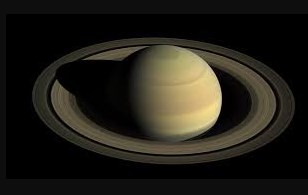Phosphorous Discovered on Enceladus
In a groundbreaking scientific development, researchers have discovered the presence of phosphorus in icy grains emanating from Saturn’s moon Enceladus. This finding opens up new possibilities for understanding the potential habitability of celestial bodies beyond Earth.
The Significance of Phosphorus
Phosphorus is a fundamental unit in the structure of DNA and RNA, making it a crucial element for life as we know it. It plays a vital role in cell membranes and energy-carrying molecules. The discovery of phosphorus on Enceladus suggests that this moon possesses the necessary building blocks for life.
Data Collection and Analysis
The data used in this study was collected by NASA’s Cassini spacecraft, which extensively explored Saturn, its rings, and its moons from 2004 to 2017. The Cosmic Dust Analyzer instrument onboard Cassini provided valuable insights into the composition of icy grains from Enceladus. Through laboratory experiments and analysis of the collected data, scientists were able to confirm the presence of phosphorus in different water-soluble forms within Enceladus’ ocean.
Implications for Habitability
Enceladus, the sixth largest moon of Saturn, now emerges as a potential candidate for supporting life. While the discovery of phosphorus is a significant step, it does not confirm the presence of life on Enceladus. However, the existence of phosphorus, alongside other key elements necessary for life, increases the potential habitability of this moon.
Month: Current Affairs - June, 2023
Category: Science & Technology Current Affairs


